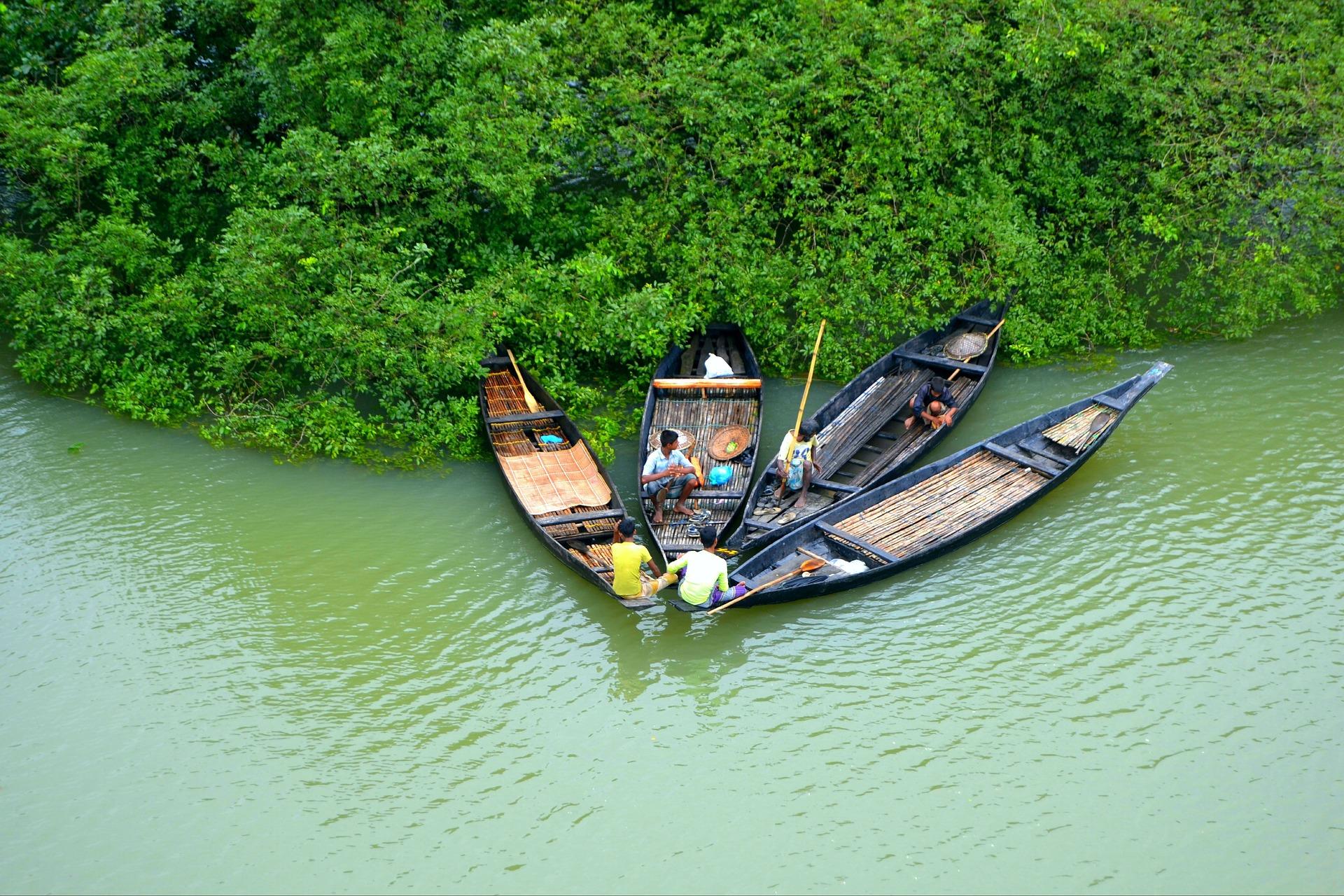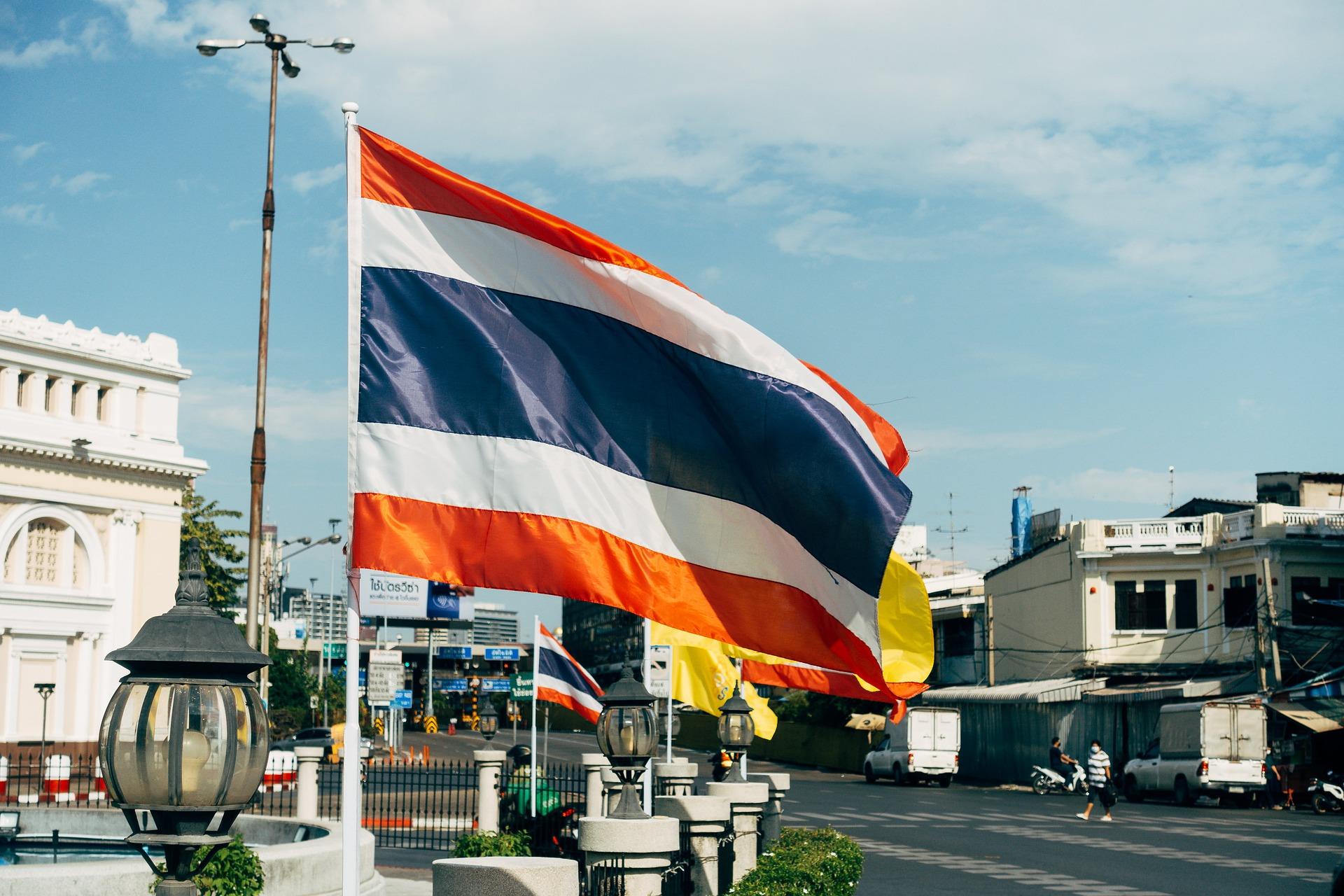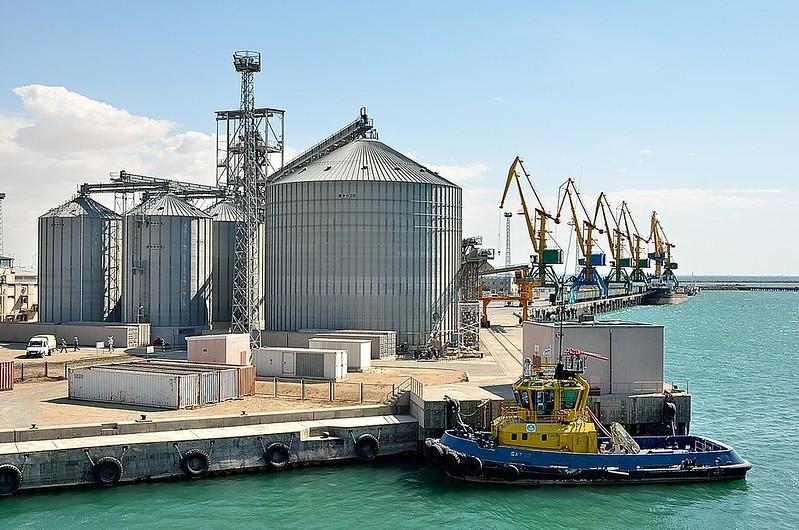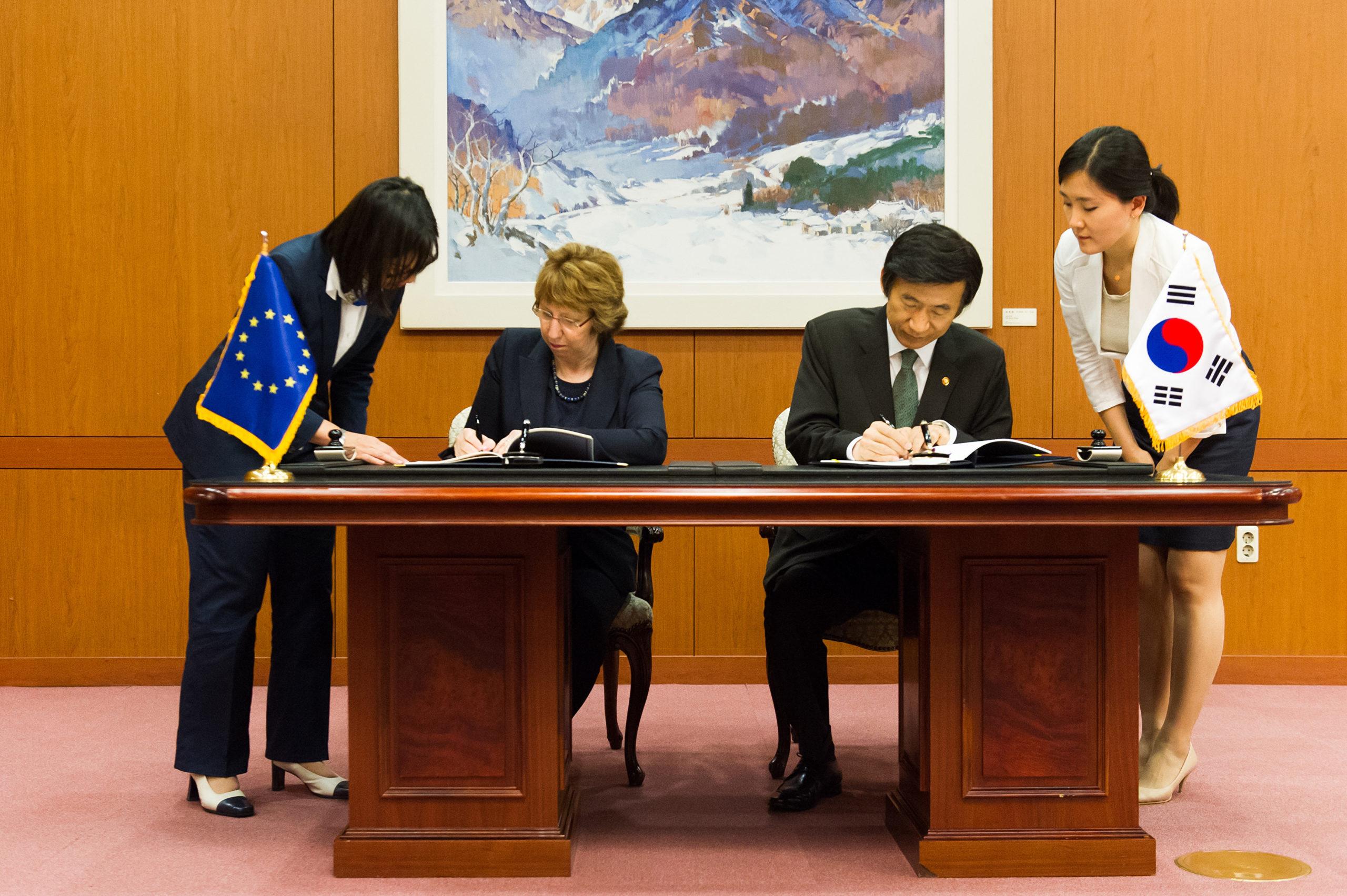
Towards the Middle Income Status in Bangladesh
Bangladesh is on track to graduate from the United Nations’ least developed country (LDC) status. The country’s remarkable growth is worthy of a closer analysis regarding the drivers and rationale behind national policies and attracting foreign investments.








